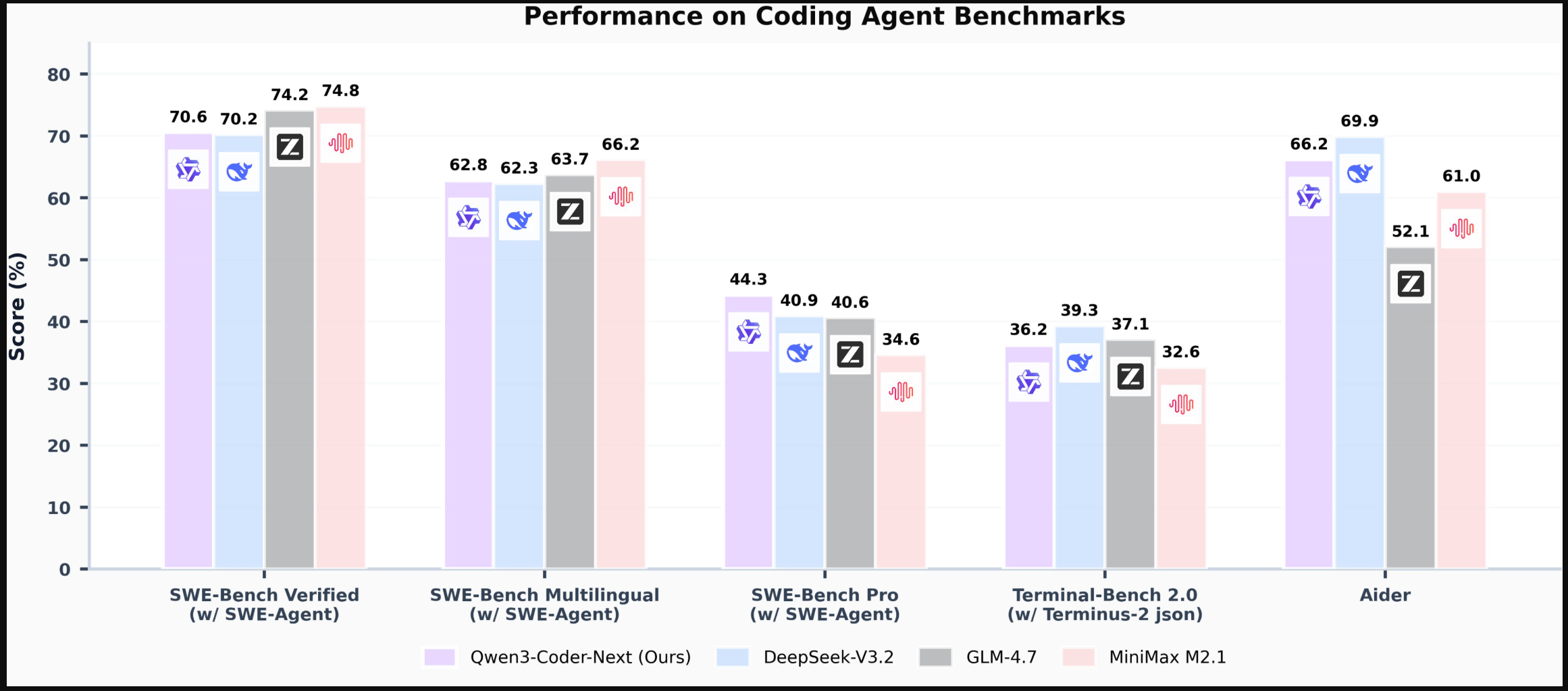Amazon plans to use AI to speed up film and TV production while reducing costs. Albert Cheng heads the "AI Studio" at Amazon MGM Studio, which will launch a closed beta program with industry partners in March 2026. Results are expected in May, Reuters reports.
The AI tools aim to bridge the "last mile" between existing AI offerings and what directors actually need. This includes better character consistency across different shots and integration with industry-standard creative tools. Amazon is working with multiple language model providers. Producers like Robert Stromberg ("Maleficent") and animator Colin Brady are already testing the tools, according to the report. The series "House of David" on Amazon is already using AI: for season two, director Jon Erwin combined AI with live-action footage for battle scenes.
Cheng said high production costs are making it harder to create new content. AI should speed up processes but not replace people. Writers, directors, and actors will remain involved in every step. Amazon has cut around 30,000 jobs since October, including at Prime Video.


